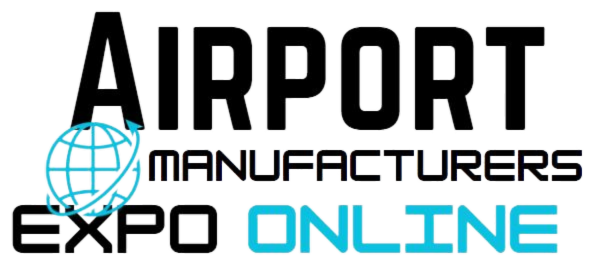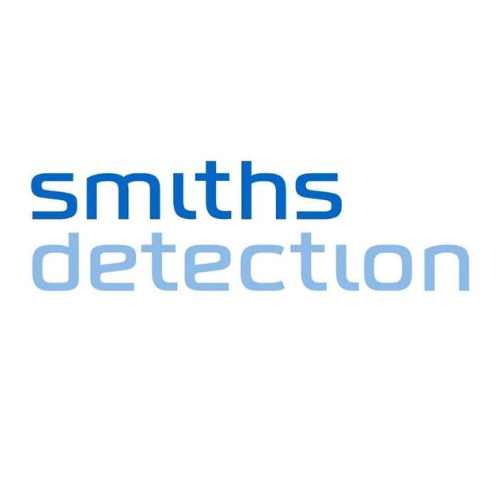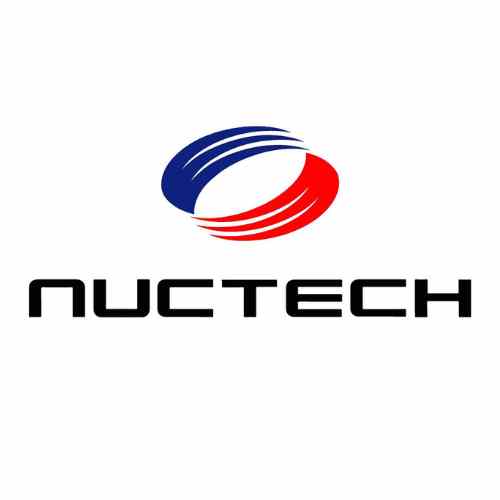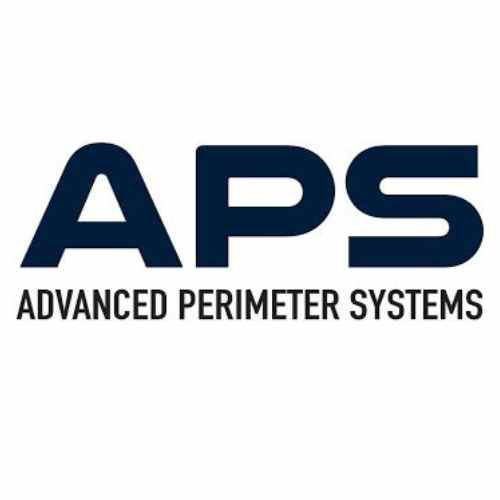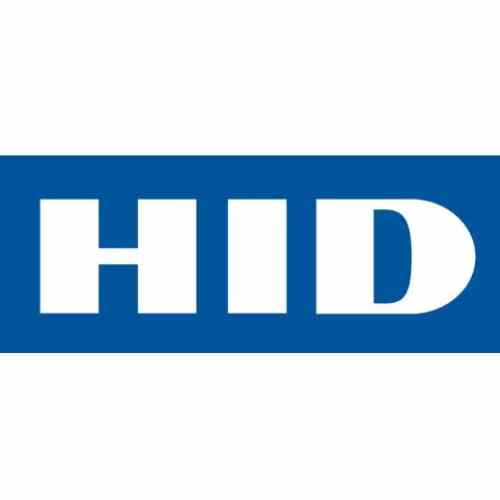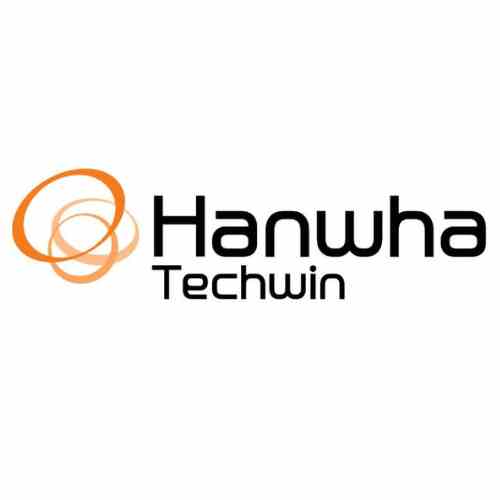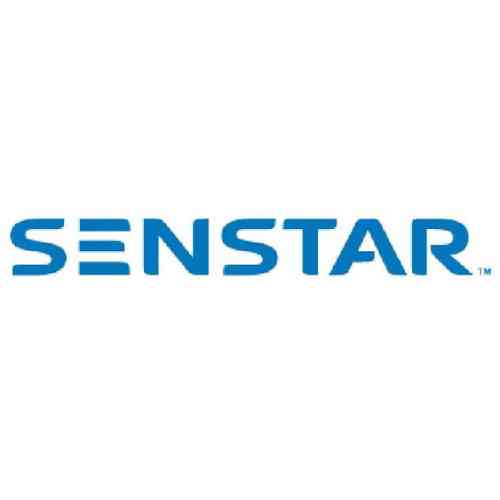Exploring Airport Security Systems in Japan in 2025
So you’re about to embark on a thrilling adventure to Japan, the Land of the Rising Sun. But before you indulge in steaming bowls of ramen and serene temple visits, you’ll need to navigate the world of airport security. Fear not, intrepid traveler! This comprehensive guide delves into the fascinating world of Japan airport security technology providers, offering a glimpse into the sophisticated systems that keep you safe.
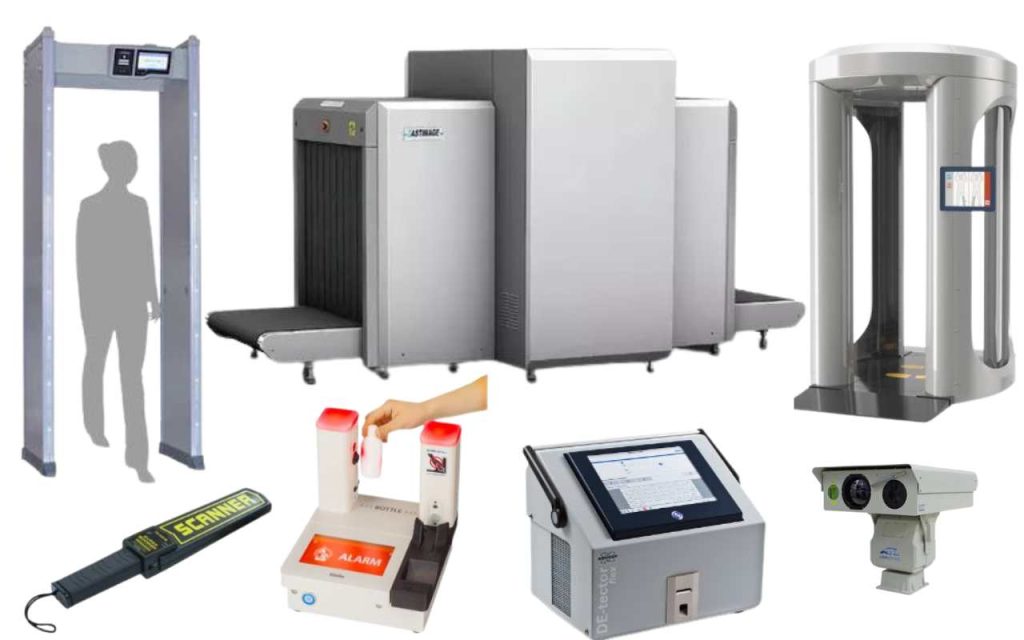
A Symphony of Security Solutions
Japanese airports prioritize passenger safety with a multi-layered approach. Imagine it as a well-rehearsed orchestra, where each instrument (security system) plays a crucial role in creating a harmonious symphony of security. Here’s a breakdown of the key players:
- X-ray Scanners: These ubiquitous machines are the workhorses of baggage screening, utilizing X-rays to reveal the contents of your luggage. Aviation security equipment suppliers in Japan constantly innovate, developing advanced X-ray scanners with features like object identification and threat detection software.
- Body Scanners: Millimeter wave scanners are becoming increasingly common, emitting radio waves to detect objects concealed beneath clothing. These advancements, brought to you by Japan airport security technology manufacturers, ensure passenger safety without physical contact.
- Metal Detectors: The classic security staple, metal detectors remain a crucial line of defense. Security equipment vendors for Japan airports provide high-sensitivity metal detectors to catch even the most cleverly concealed metallic objects.
- Explosive Detection Systems (EDS): These advanced systems, courtesy of aviation security system developers in Japan, employ various techniques like ion mobility spectrometry to identify explosives and other dangerous materials.
- Baggage Handling Systems: Airport safety equipment suppliers have revolutionized baggage handling with sophisticated conveyor belts and screening systems. These ensure efficient screening while maintaining the integrity of your luggage.
- Access Control Systems: Japan airport security product manufacturers provide secure access to restricted areas using keycards, biometrics, or a combination of both. This ensures only authorized personnel can enter sensitive zones.
- CCTV (Closed-Circuit Television) Surveillance Systems: A network of strategically placed security cameras by CCTV surveillance system providers keeps a watchful eye on passenger flow and airport operations. Paired with video analytics, these systems can detect suspicious behavior and alert security personnel.
- Facial Recognition Systems: Cutting-edge technology allows for facial recognition at security checkpoints, streamlining the process for frequent flyers. Security solutions for airports in Japan providers are constantly developing these systems for enhanced security and convenience.
A Holistic Approach to Security
Security Measures go far beyond the impressive technology. Here’s a closer look at the human element:
- Passenger Screening: Trained security personnel conduct thorough checks, ensuring passenger safety and adherence to regulations set by the Transportation Security Administration (TSA) or the International Civil Aviation Organization (ICAO).
- Baggage Screening: Highly skilled professionals meticulously examine checked baggage using a combination of technology and visual inspection. Security screening procedures are constantly reviewed and updated to stay ahead of evolving threats.
- Cargo Screening: Airport security extends beyond passenger luggage. Freight undergoes rigorous screening using advanced equipment and strict protocols.
- Perimeter Security: Perimeter security systems like fences, intrusion detection sensors, and security patrols safeguard the airport’s physical boundaries.
- Cyber Security: In today’s digital world, cyber security is paramount. Providers of security solutions for airports in Japan implement robust measures to protect airport networks and critical infrastructure.
- Threat Detection: Security personnel are trained to identify suspicious behavior and potential threats, ensuring a safe environment for everyone.
- Risk Assessment: Security is a continuous process. Airports conduct regular risk assessments to identify potential vulnerabilities and adapt their security protocols accordingly.
The Benefits of a Secure Journey
Investing in advanced airport security technology offers a multitude of benefits:
- Enhanced Security: Multi-layered security systems effectively deter crime and ensure passenger safety.
- Improved Passenger Safety: Advanced technology allows for thorough screening while minimizing inconvenience.
- Reduced Wait Times: Automated systems and efficient procedures contribute to smoother passenger flow.
- Increased Efficiency: Streamlined security processes ensure a more efficient travel experience.
- Deterrence of Crime: A robust security presence discourages criminal activity within the airport.
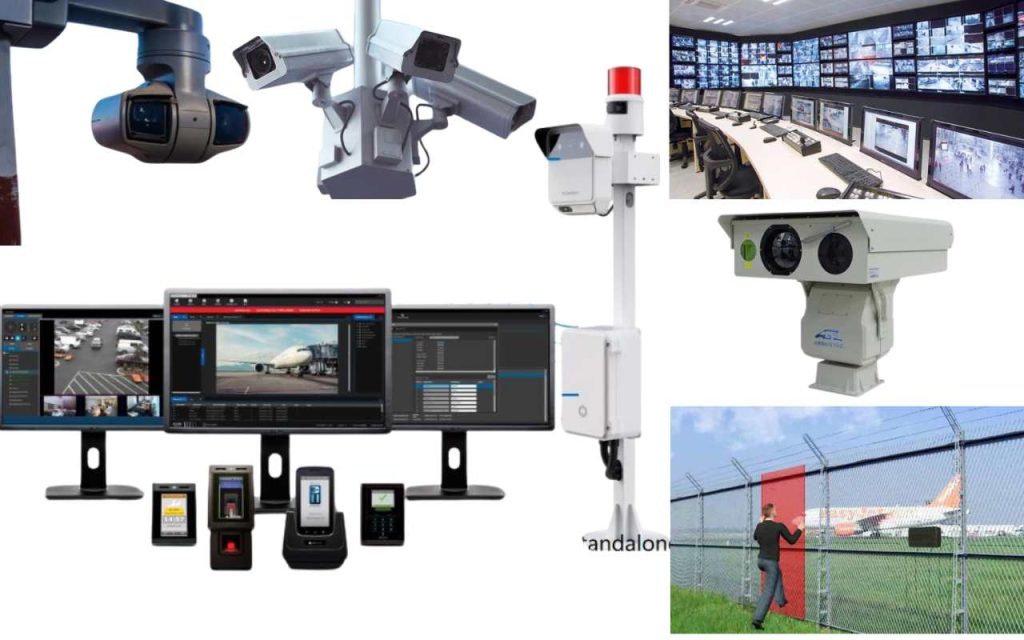
Airport Security System Price List
- Complex Systems: Airport security systems are intricate and often custom-designed based on specific needs. Factors like airport size, passenger volume, and desired security level significantly impact the cost.
- Variable Pricing: Aviation security equipment suppliers and Japan airport security technology providers typically don’t publicly disclose pricing due to negotiations and customizations.
- Rapid Evolution: The field of airport security is constantly evolving. New technologies emerge frequently, making it difficult to predict fixed prices.
However, I can offer some insights into the general cost structure:
- X-ray Scanners: Basic models can range from $20,000 to $50,000, while advanced scanners with object identification can reach $100,000 or more.
- Body Scanners: Millimeter wave scanners typically cost between $150,000 and $250,000 per unit.
- Metal Detectors: Basic models start around $5,000, while more sophisticated detectors with advanced features can cost upwards of $20,000.
- Explosive Detection Systems (EDS): The price range for EDS varies widely depending on the technology employed. They can range from $100,000 to well over $1 million.
- CCTV Surveillance Systems: The cost depends on the number of cameras, video quality, storage requirements, and analytics software. A basic system might start around $10,000, while a comprehensive network can cost millions.
Here’s an alternative approach for your readers:
- Contact Security System Providers: Encourage readers to contact reputable aviation security equipment suppliers in Japan directly. They can provide quotes based on specific needs and budget constraints.
- Industry Research Reports: Readers can consult industry research reports that often include pricing estimates for various airport security systems.
Get a Quote from Top 12 Global Leader Security Systems Manufacturers
FAQs
Are X-ray scanners in Japan safe?
Yes, X-ray scanners in Japan adhere to strict safety regulations. The radiation dosage is minimal and considered safe for all travelers.
Do I need to take off my shoes at Japanese airport security?
Security protocols can vary slightly between airports, but generally, you won’t need to remove your shoes at most Japanese airports unless triggered by the metal detector.
What happens if my carry-on triggers the alarm at security in Japan?
Security personnel will politely ask you to step aside for a secondary inspection. This usually involves a closer look at the flagged item with additional screening equipment.
